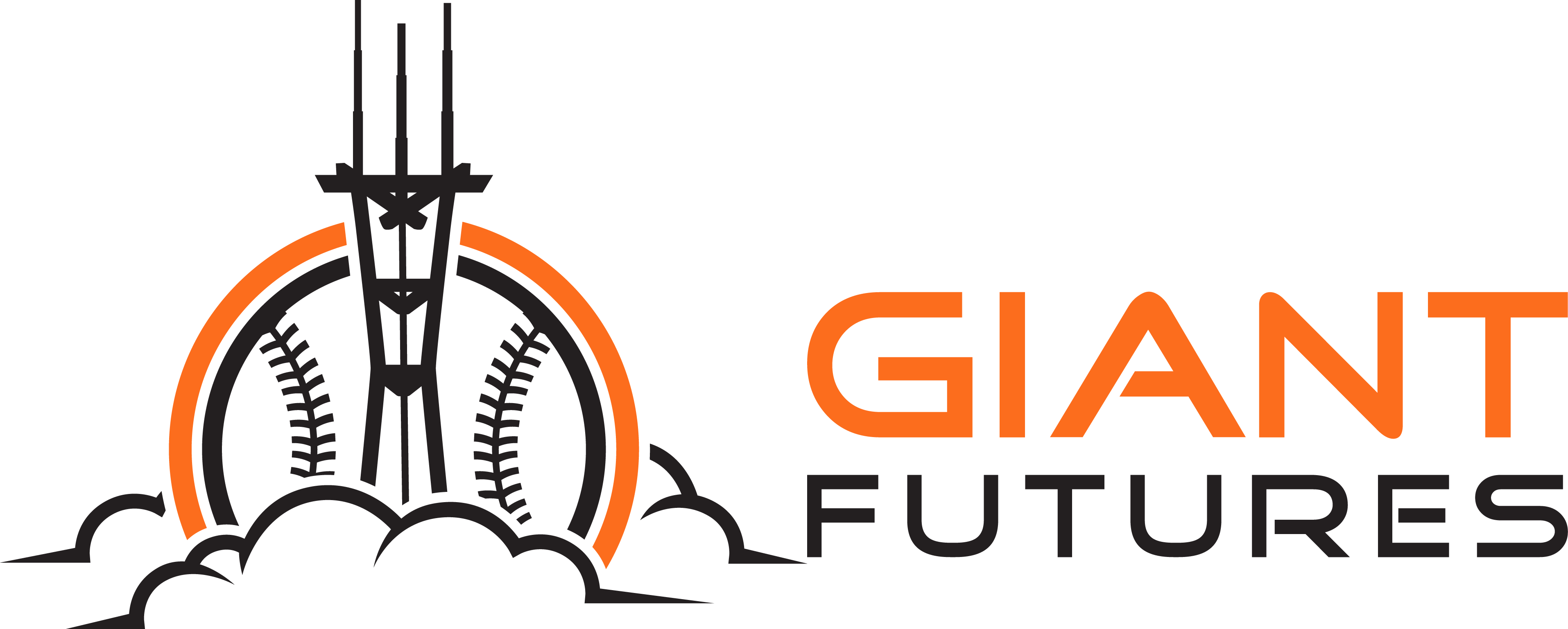TITLE: MLB Minor Leaguers Plan Smacks Of Greed
On Monday, Baseball America reported that MLB has told teams that they “cannot prevent minor leaguers from playing in independent leagues” until their suspended contracts are reinstated.
UPDATE: Baseball America has updated their story and deleted the original tweet to indicate that teams must give their consent, although it must still be the player’s idea.
This opened up quite a few eyes, and the more questions that have been raised, and the less sense it makes, until realizing what MLB is actually doing: Trying to show that minor league players are not employees, they are just contract employees, and thus aren’t covered by minimum wage laws in light of the upcoming lawsuit by Garrett Broshuis and the public outrage over the poverty-level wages minor league players are paid.
How else does this move make sense?
For baseball players, just getting any reps at all does not equate to player development. Independent League ball competitiveness does not easily equate to the challenges and development a player would get in affiliated baseball. There are several independent leagues out there, but two of the most competitive, the Frontier League and Atlantic League, have already suspended their seasons.
Will a batter get that much development facing pitching at a lower level than they’ve faced in the past?
Or will pitchers be healthy taking on workloads that aren’t monitored by the teams they work for?
What about coaches who may clash with the techniques that MLB organizations have been instilling in their prospects?
What about injuries that almost certainly would not be covered by MLB organizations? The article from Baseball America states explicitly that injuries sustained would be grounds for contract termination.
Developing into a Major League Baseball player isn’t like developing a character in a video game. You can’t just tell your character to go to the gym to up their level. You can’t just grind against Magikarp after Magikarp over and over to gain XP bit by bit to level up. That’s not how it works.
A hitter who just got through the fastball environment that is often High-A needs to deal with the breaking balls that are often much better in Double-A. Pitchers need to learn to work those offspeed pitches into their repertoire because they can’t just strike out flailing low level batters with their heat anymore.
But forget all that. You want to see why this move by MLB is about employment status? Look at the words.
“Cannot prevent.”
UPDATE: In Baseball America’s update, it is no longer stated that team must give their consent to a player going. However, the tweet with the update did have new terminology that is just as notable in parenthesis.
“(team cannot initiate the idea).”
This isn’t teams who are deciding to send their players to get reps. They aren’t involved in helping their players find good matches with teams that will help their development.
The wording is very specific to imply that players are choosing this, without input from their team. It implies that teams do want to stop their players from going there. But they can’t. Because these guys are freelancers.
And thus, it’s okay to pay these players around $14,000 per year at the best…or just $4,800 per year at the lowest levels. Because they’re freelancers who can choose to go work elsewhere when playing baseball for the teams that drafted them.
The League office doesn’t care if these young men get injured playing elsewhere. They don’t care if development is hijacked or delayed or ruined. They don’t even care about them as assets, the literal future of baseball.
They just don’t want to have to pay them.
That’s what this is. And it’s disgusting.
UPDATE:
Later in the afternoon, the original tweet was deleted and a correction went out.
The context changes from the phrase of “Cannot prevent”. But the key point remains that teams can not initiate the idea. If the team initiates it, it goes to imply that players are employees, doing what they are told. If the player initiates it, then it goes back into the evidence of players acting as freelancers.
Cooper has also noted that some teams appear interested in this, and one player from the Diamondbacks organization, Jayson McKinley, has already signed.
However, at least one player has voiced concerns about this as well.






Recent Comments